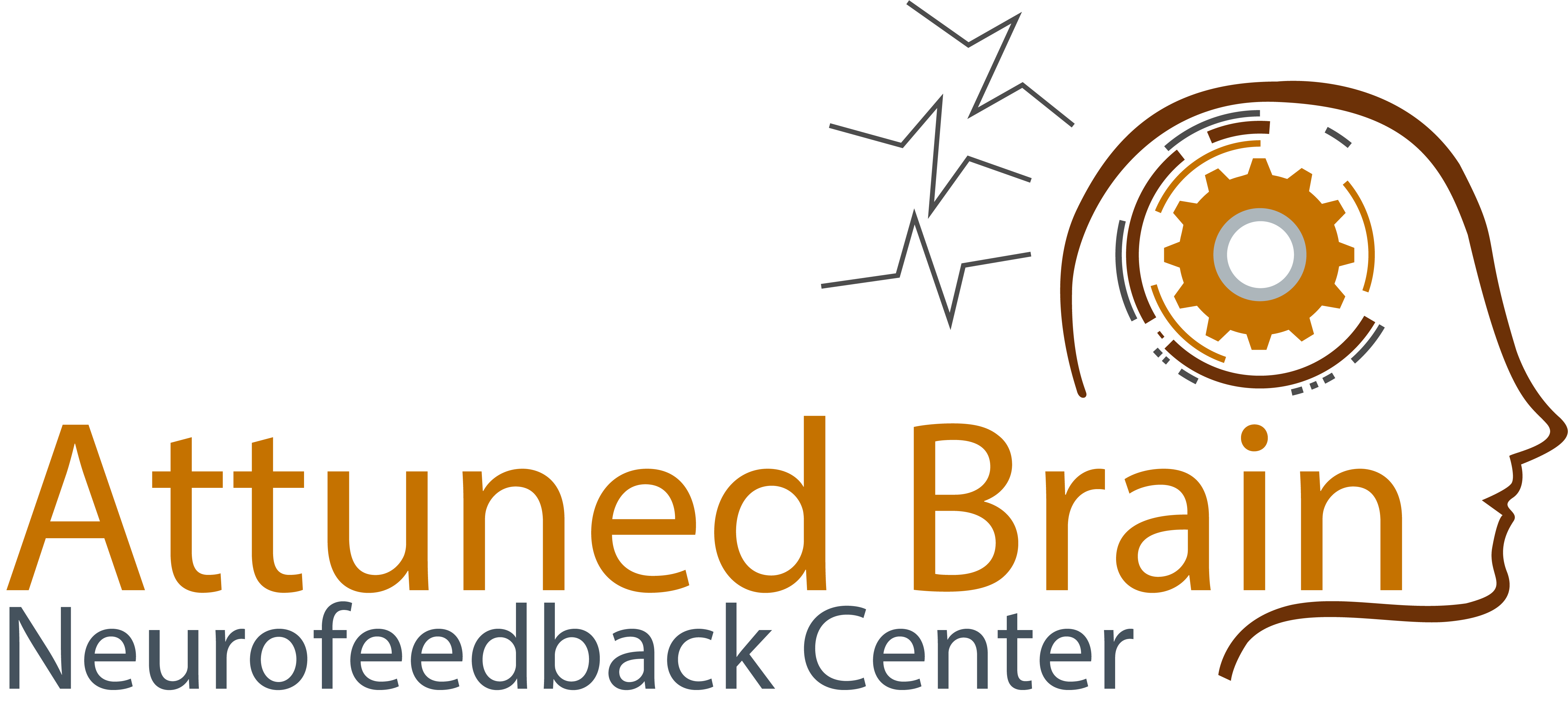Developmental Disorders
“Disability only becomes a tragedy when society fails to provide the things needed to lead one’s daily life.”
– Judith Heurmann
Developmental Disorders and Treatment?
Developmental disorders, also known as childhood disorders, are conditions that can affect a child’s physical or brain development, which may impact their ability to learn and develop necessary life skills. Some developmental disorders are present from birth and last throughout life, while others may occur as a result of injury or medical factors during childhood.
Data from the CDC reveals that 17% of children (1 in 6) have at least one developmental disorder or delay. These disorders are characterized by difficulties in personal, social, academic, or occupational functioning. In addition to academic performance and adaptive behaviors deficits, individuals with developmental disabilities often engage in challenging behaviors (aggression, stereotypy, self-injurious, or disruptive behaviors), that have a significant impact on teachers, parents and other caregivers. For example, researchers have found that 88% of individuals with autism engaged in mild to severe aggression, with 56% of those cases mostly occurring to caregivers (Felce and Kerr, 2013).
Impacts of Challenging Behaviors and Mental Health
Challenging behaviors, such as aggression and disruptive behavior, can cause significant stress and burnout for staff, teachers, and caregivers. Such behaviors may also result in the use of restrictive procedures and negatively affect the attachment between the individual and support staff. As a result, staff may feel less confident in their ability to control severe behavior, leading to a decreased likelihood of intervention to address it. (Hastings & Brown, 2002; Male & May, 1998; Matson & Boisjoli, 2009; De Schipper & Schuengel, 2010; Dilworth, Phillips, & Rose, 2011).


Individuals who display challenging behaviors may also have comorbid psychiatric conditions. Repetitive or ritualistic behavior has been associated with a greater risk of severe self-injury, while low mood has been linked to challenging behaviors in people with severe intellectual disabilities. Young children with atypical development but no autism spectrum disorder may also have a higher rate of challenging behaviors, such as anxiety, conduct problems, eating/sleeping problems, and inattention/impulsivity. Therefore, it is important to consider all the factors associated with why an individual with developmental disorder is behaving in a specific way.
How we can help?
The brain of someone experiencing a developmental disorder often experiences difficulties with communication across neural pathways, processing speeds, and imbalances. The focus in recent decades has been on treating the brain chemistry with psychotropic medication, but these drugs come with potential side effects. Living with a lifelong condition doesn’t mean the quality of life is absent. Every disorder is unique, and children with a developmental disorder all have brains that can and should be balanced and well regulated.


Attuned Brain is committed to serve children, adolescents and adults to overcome these obstacles and achieve greater cognitive balance and improved behaviors using a less invasive and more permanent treatment without medications. Neurofeedback sessions allow the brain to “see” where its patterns diverge from the “norm,” allowing the brain to correct irregular brainwaves, make natural corrections and improve the quality of an individual’s life.
Attuned Brain Treats the following Developmental Disorders
- ADHD/ADD
- Audio Processing
- Autism
- Behavioral Disorders
- Dyslexia
- Learning Delays
- And More
